The Top 10 Fruits for Daily Life: A Comprehensive Guide
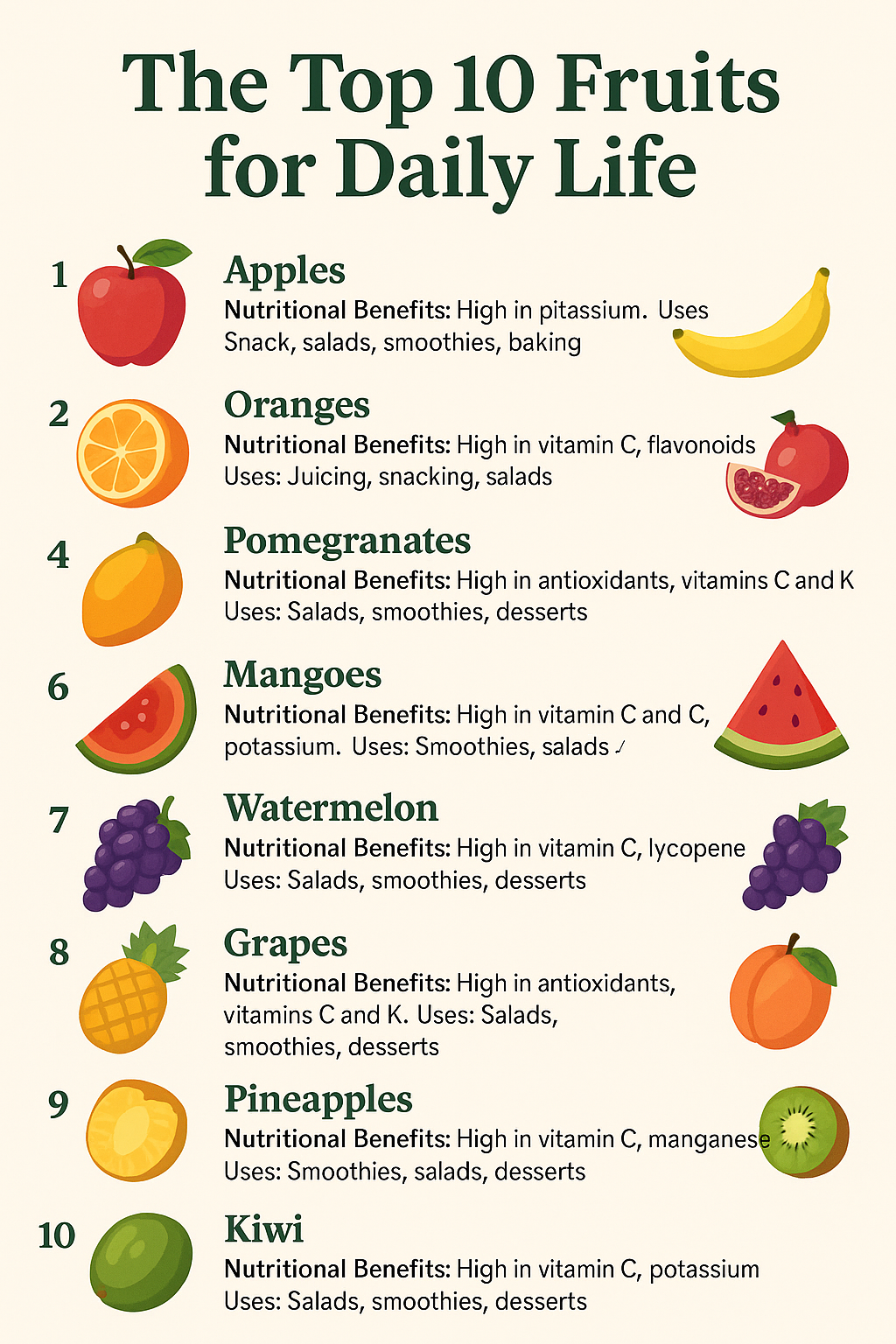
Incorporating fruits into your daily diet can have a significant impact on your overall health and wellbeing. With so many varieties to choose from, it can be overwhelming to decide which ones to prioritize. In this article, we’ll explore the top 10 fruits for daily life, highlighting their nutritional benefits, versatility, and uses.
1. Apples: The Crunchy Superfood
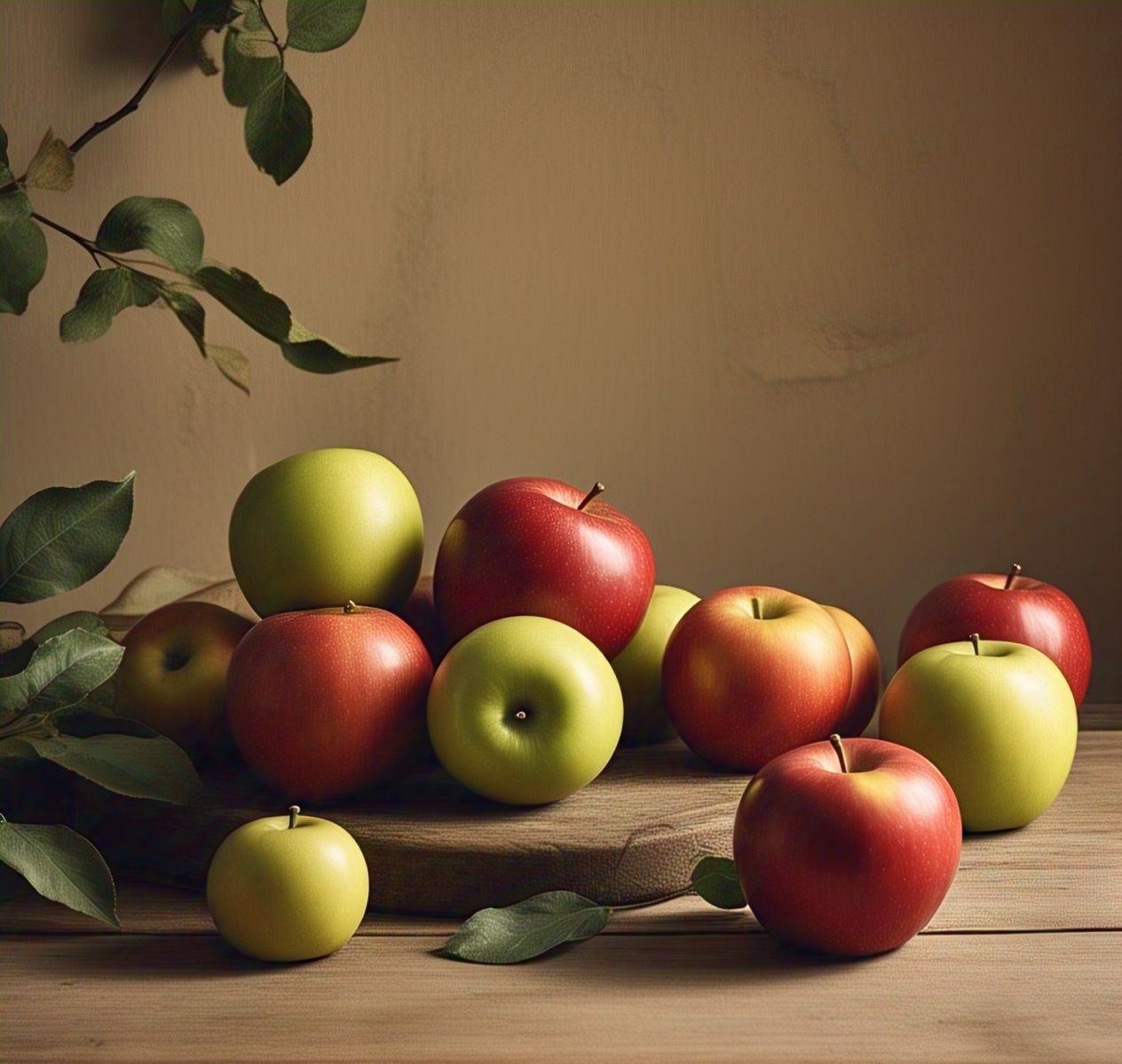
Apples are a staple fruit that’s rich in fiber, vitamins, and antioxidants. They’re an excellent snack for on-the-go, and their crunchy texture helps support healthy digestion. Apples are also versatile, making them perfect for salads, smoothies, and baking.
Nutritional Benefits: Apples are high in fiber (4 grams per medium-sized fruit), vitamin C, and potassium.
Uses: Snack, salads, smoothies, baking, and making apple sauce.
2. Bananas: The Perfect Energy Boost
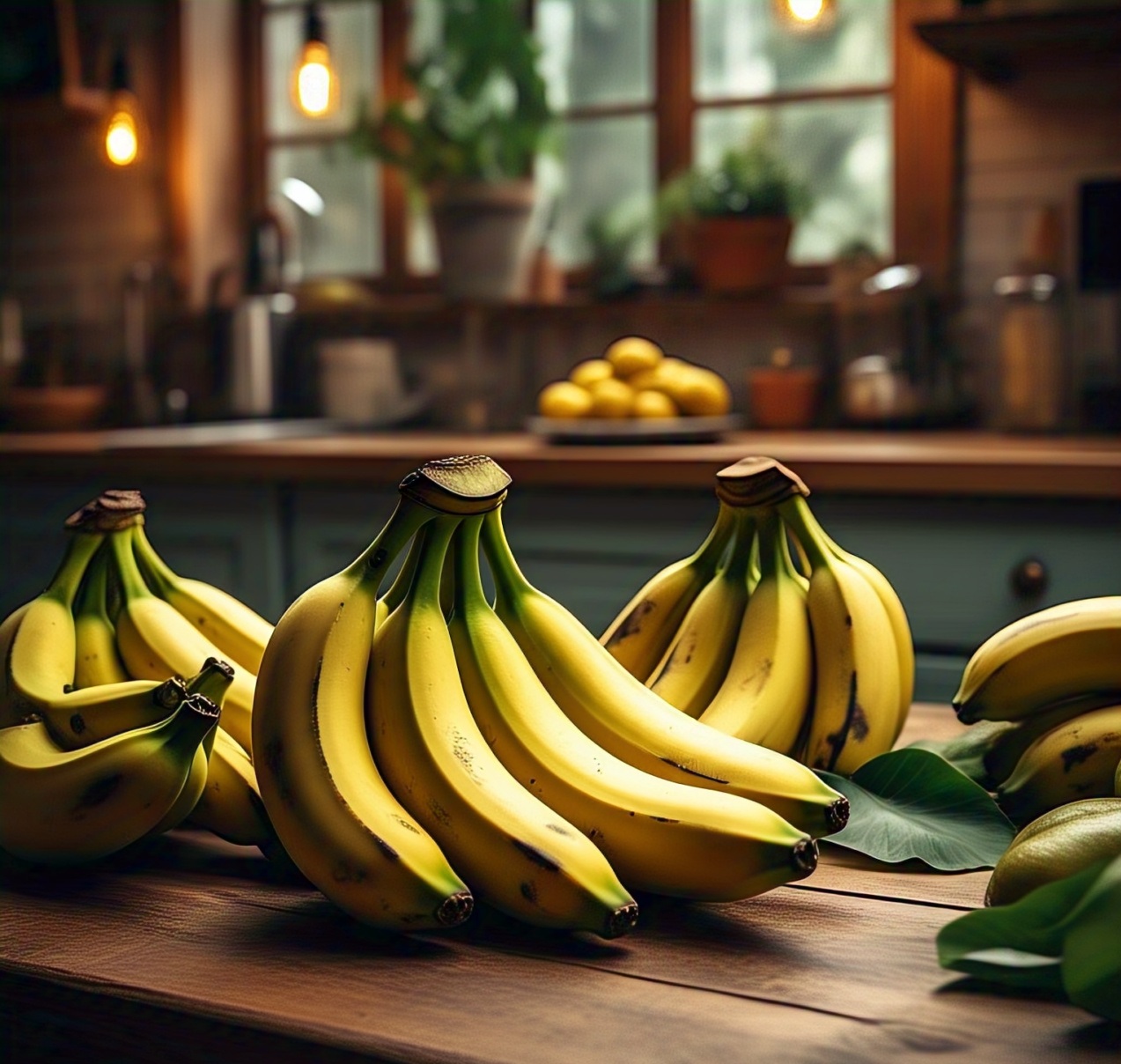
Bananas are a convenient and energy-boosting fruit that’s rich in potassium, vitamins, and minerals. They’re an excellent pre-workout snack or post-workout recovery food. Bananas are also easy to digest, making them a great option for those with sensitive stomachs.
Nutritional Benefits: Bananas are high in potassium (422 milligrams per medium-sized fruit), vitamin C, and fiber.
Uses: Snack, smoothies, baking, and making banana bread.
3. Oranges: The Vitamin C Powerhouse
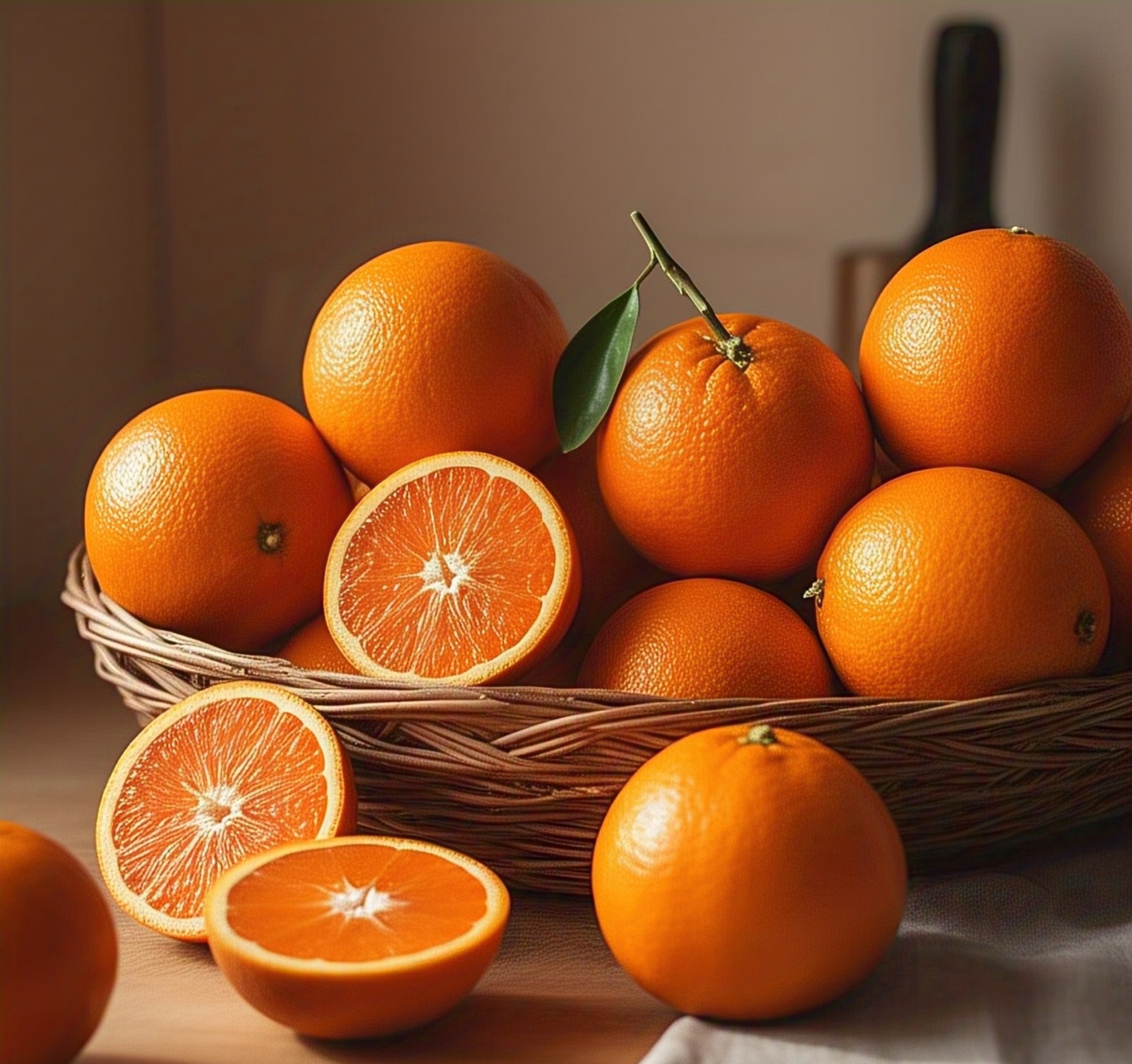
Oranges are an excellent source of vitamin C, flavonoids, and fiber. They’re essential for supporting immune function, reducing inflammation, and promoting healthy skin. Oranges are also versatile, making them perfect for juicing, snacking, and adding to salads.
Nutritional Benefits: Oranges are high in vitamin C (70 milligrams per medium-sized fruit), flavonoids, and fiber.
Uses: Juicing, snacking, salads, and marmalade production.
4. Pomegranates: The Antioxidant-Rich Fruit
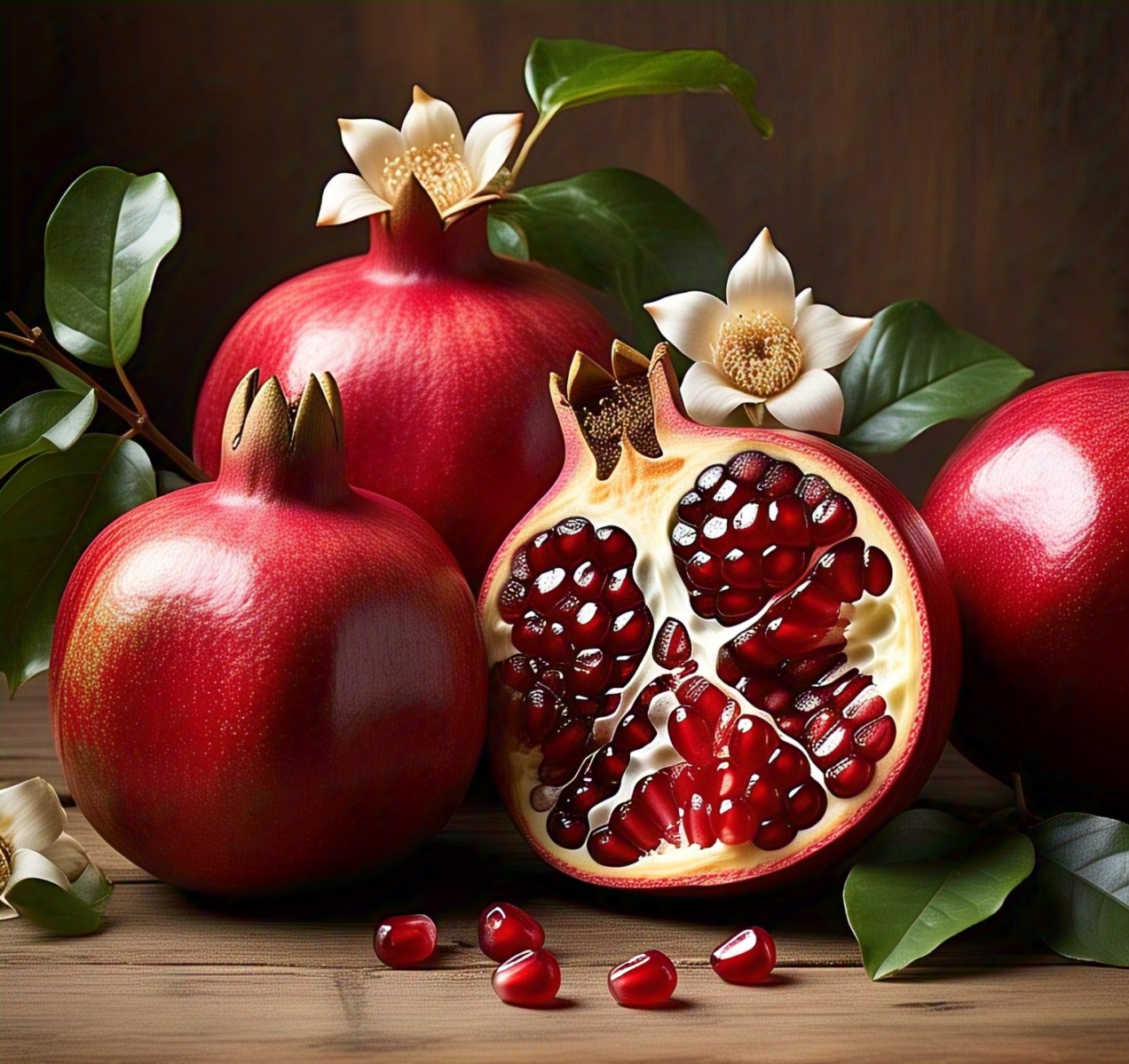
Pomegranates are a nutrient-dense fruit that’s rich in antioxidants, vitamins, and minerals. They’re an excellent addition to salads, smoothies, and desserts. Pomegranates have also been shown to support heart health and reduce inflammation.
Nutritional Benefits: Pomegranates are high in antioxidants (punicalagins and anthocyanins), vitamins C and K, and potassium.
Uses: Salads, smoothies, desserts, and juicing.
5. Mangoes: The Tropical Superfood
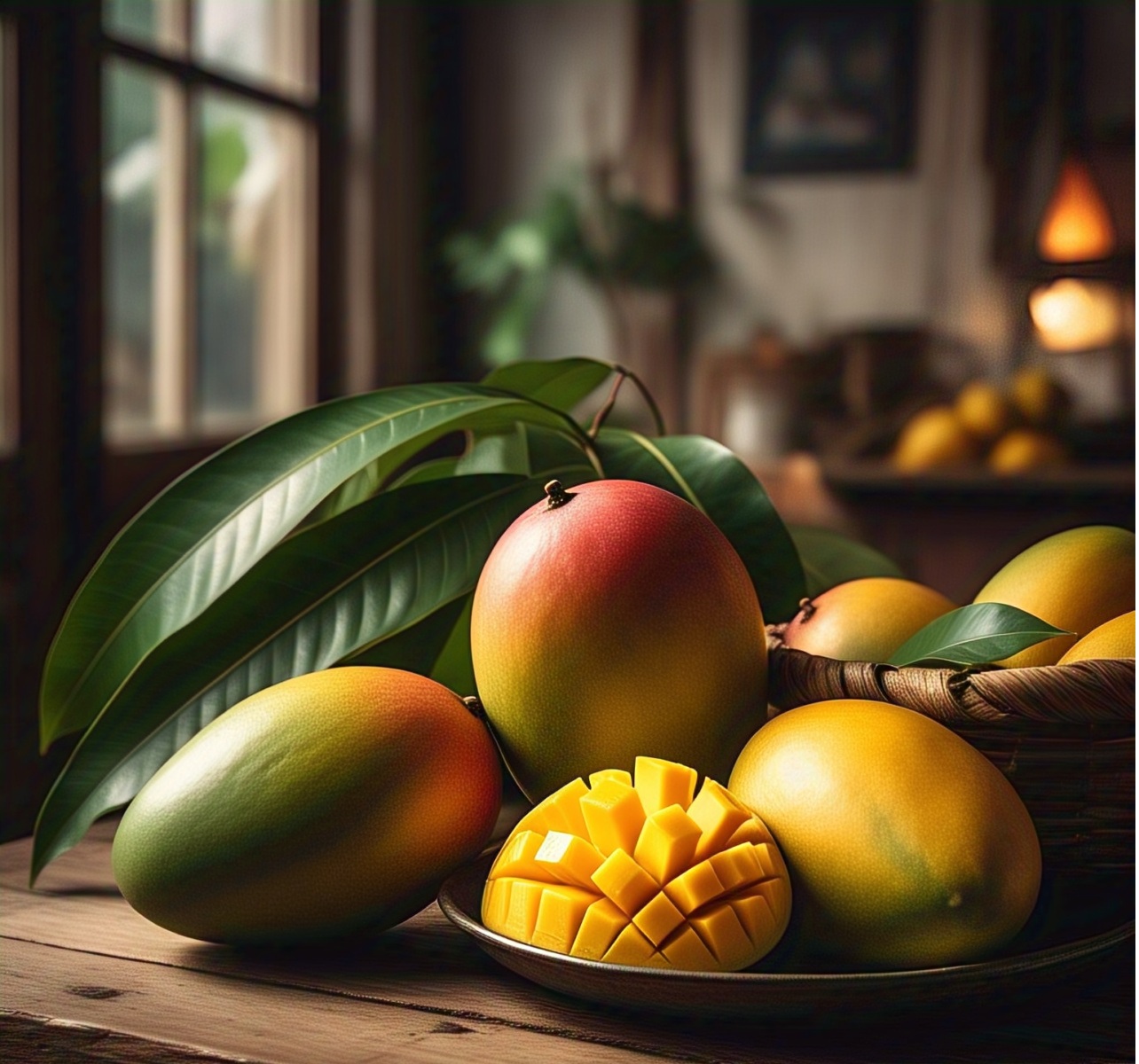
Mangoes are a nutrient-rich fruit that’s high in vitamins A and C, potassium, and fiber. They’re an excellent addition to smoothies, salads, and desserts. Mangoes have also been shown to support eye health and boost immune function.
Nutritional Benefits: Mangoes are high in vitamins A and C, potassium, and fiber.
Uses: Smoothies, salads, desserts, and snacking.
6. Watermelon: The Refreshing Hydrator
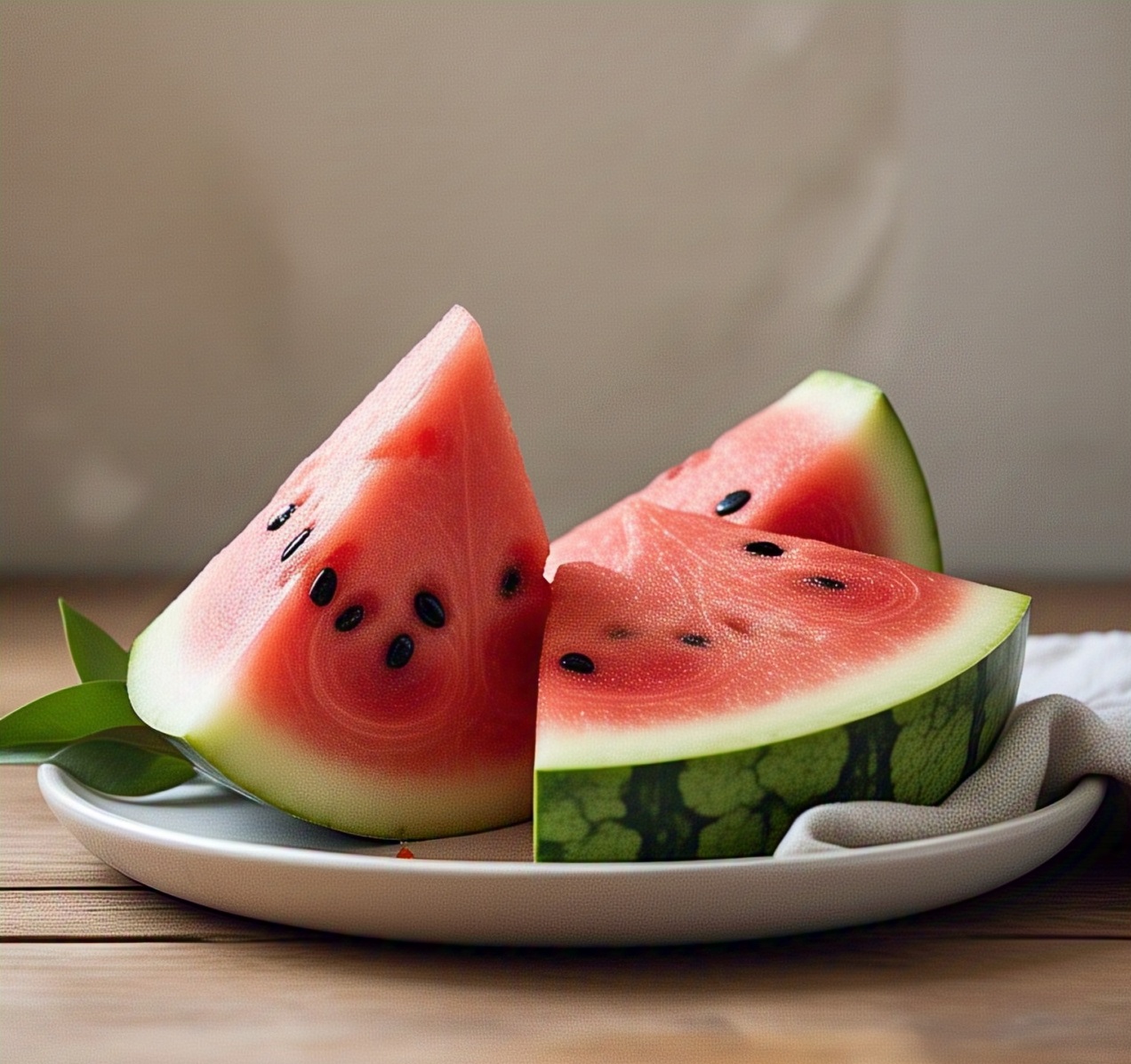
Watermelon is a refreshing and hydrating fruit that’s rich in vitamin C, lycopene, and water content. It’s an excellent addition to salads, smoothies, and desserts. Watermelon has also been shown to support heart health and reduce inflammation.
Nutritional Benefits: Watermelon is high in vitamin C, lycopene, and water content (about 92%).
Uses: Salads, smoothies, desserts, and refreshing snack.
7. Grapes: The Antioxidant-Rich Fruit
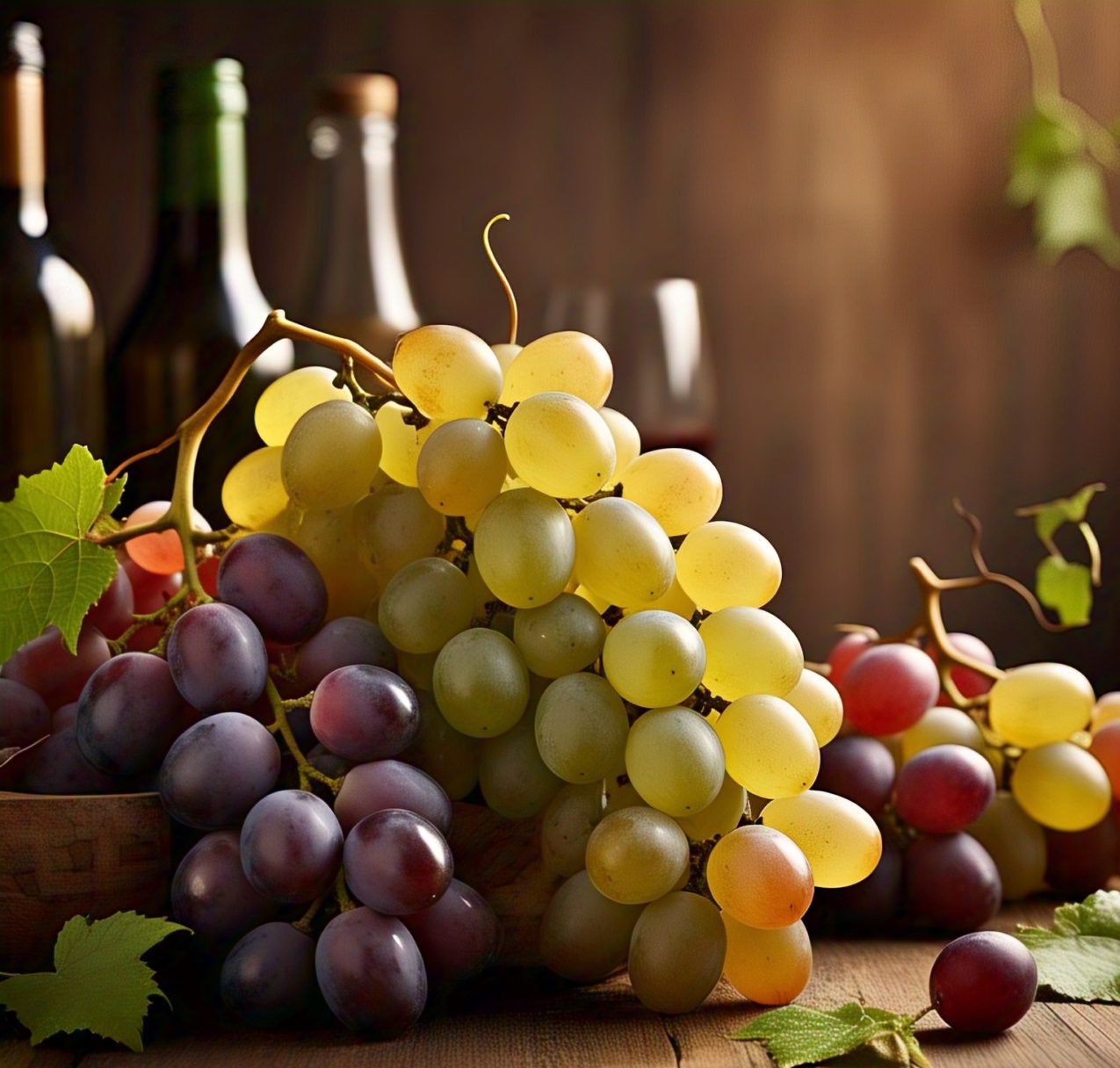
Grapes are a nutrient-dense fruit that’s rich in antioxidants, vitamins, and minerals. They’re an excellent addition to salads, smoothies, and desserts. Grapes have also been shown to support heart health and reduce inflammation.
Nutritional Benefits: Grapes are high in antioxidants (resveratrol and polyphenols), vitamins C and K, and potassium.
Uses: Salads, smoothies, desserts, and wine production.
8. Pineapples: The Anti-Inflammatory Fruit

Pineapples are a nutrient-rich fruit that’s high in vitamin C, manganese, and anti-inflammatory compounds. They’re an excellent addition to smoothies, salads, and desserts. Pineapples have also been shown to support digestive health and reduce inflammation.
Nutritional Benefits: Pineapples are high in vitamin C, manganese, and anti-inflammatory compounds (bromelain)
.
Uses: Smoothies, salads, desserts, and juicing.
9. Peaches: The Nutrient-Dense Fruit
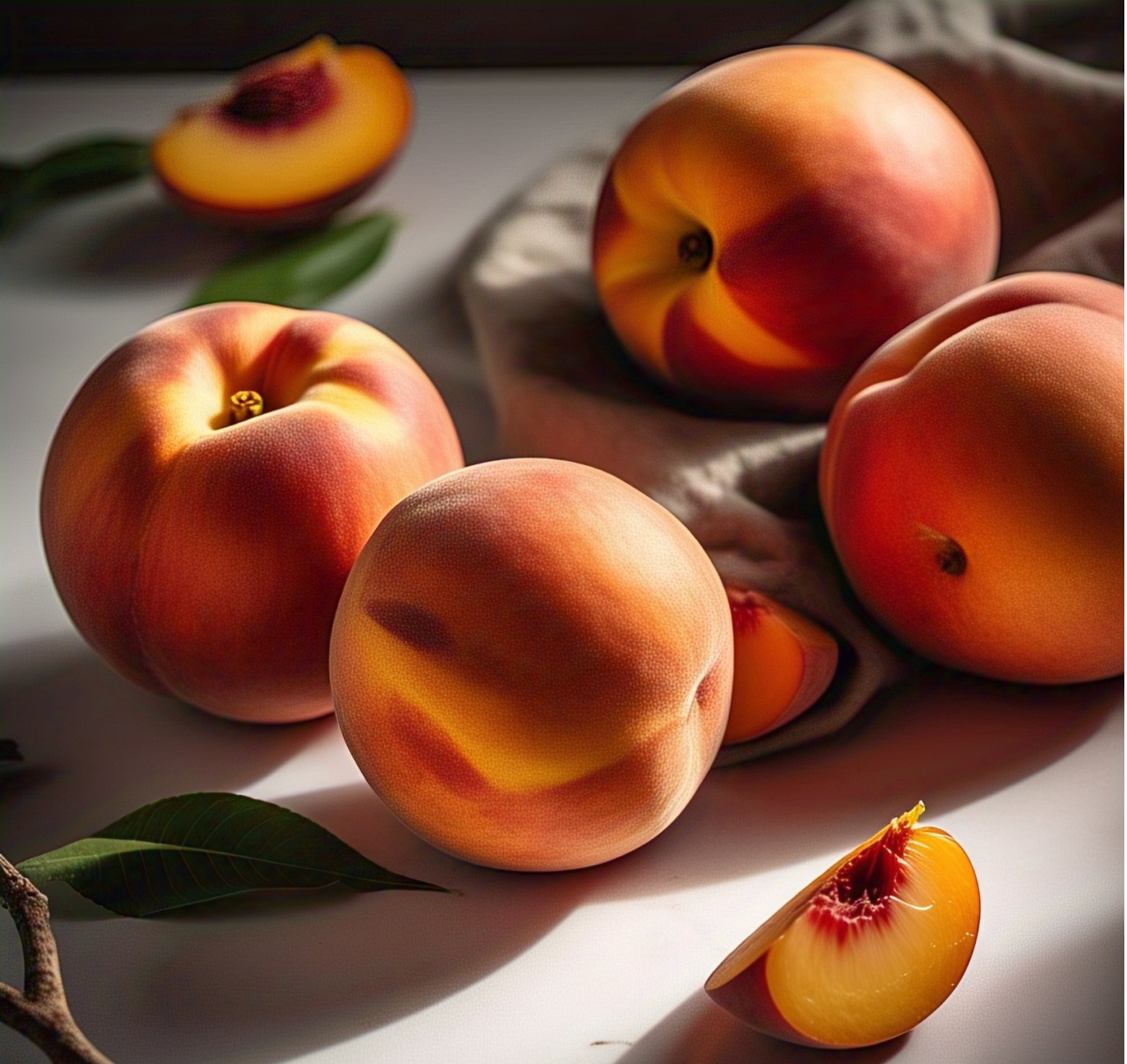
Peaches are a nutrient-rich fruit that’s high in vitamins A and C, potassium, and fiber. They’re an excellent addition to salads, smoothies, and desserts. Peaches have also been shown to support heart health and reduce inflammation.
Nutritional Benefits: Peaches are high in vitamins A and C, potassium, and fiber.
Uses: Salads, smoothies, desserts, and snacking.
10. Kiwi: The Small but Mighty Fruit
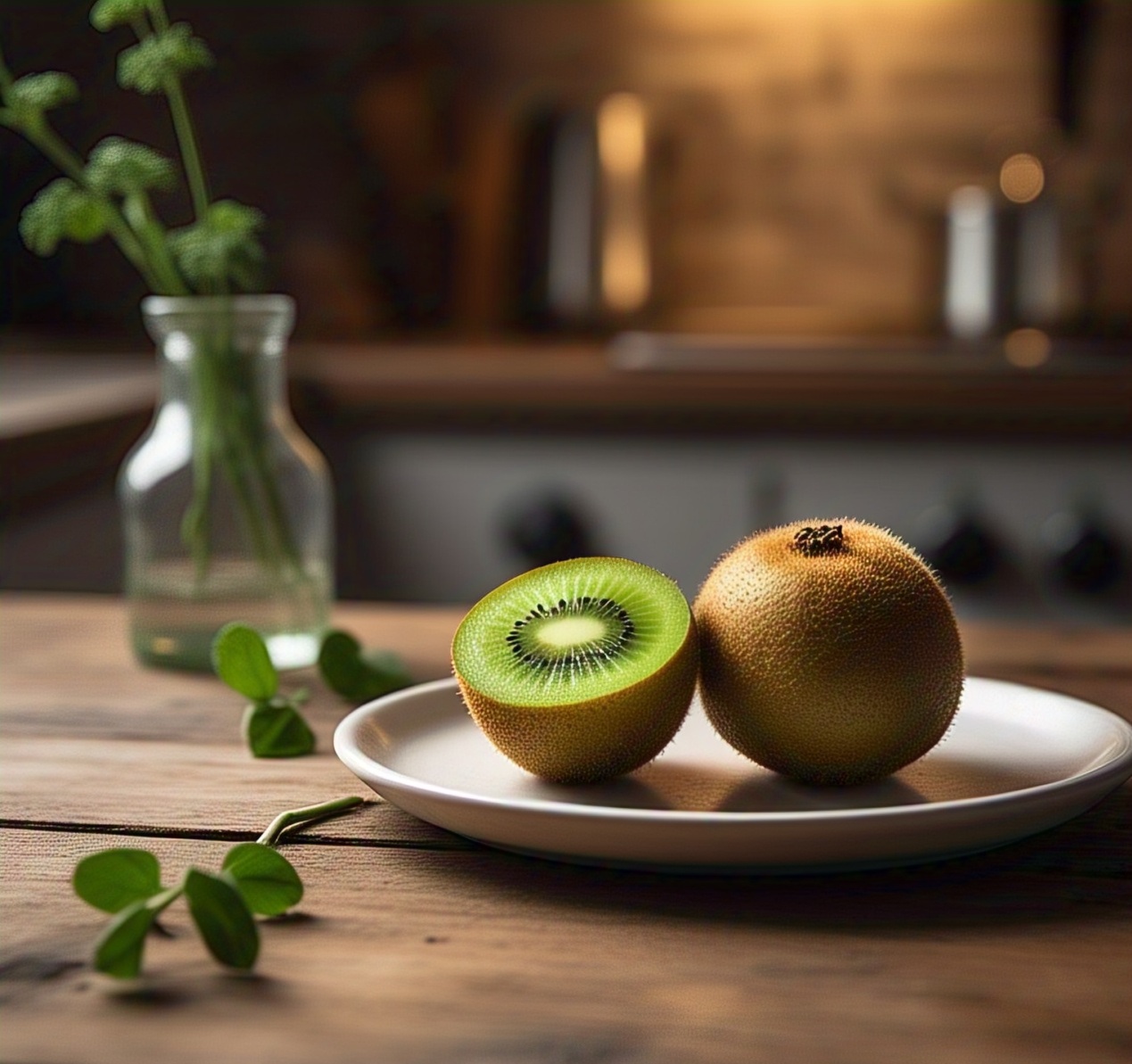
Kiwi is a nutrient-dense fruit that’s high in vitamin C, potassium, and fiber. It’s an excellent addition to salads, smoothies, and desserts. Kiwi has also been shown to support immune function and digestive health.
Nutritional Benefits: Kiwi is high in vitamin C, potassium, and fiber.
Uses: Salads, smoothies, desserts, and snacking.
Incorporating the Top 10 Fruits into Your Daily Life
Incorporating these top 10 fruits into your daily diet can have a significant impact on your overall health and wellbeing. Here are some tips to get you started:
- Add fruits to your breakfast oatmeal or yogurt
- Blend fruits into smoothies or juices
- Toss fruits into salads or desserts
- Snack on fruits throughout the day
- Experiment with different fruit combinations and recipes
Final Thought
The top 10 fruits for daily life are a delicious and nutritious way to support overall health and wellbeing. From apples to kiwi, each fruit offers unique nutritional benefits and uses. By incorporating these fruits into your daily diet, you can boost your energy, support your immune system, and promote healthy digestion. So go ahead, get creative with fruits, and enjoy the numerous benefits they have to offer

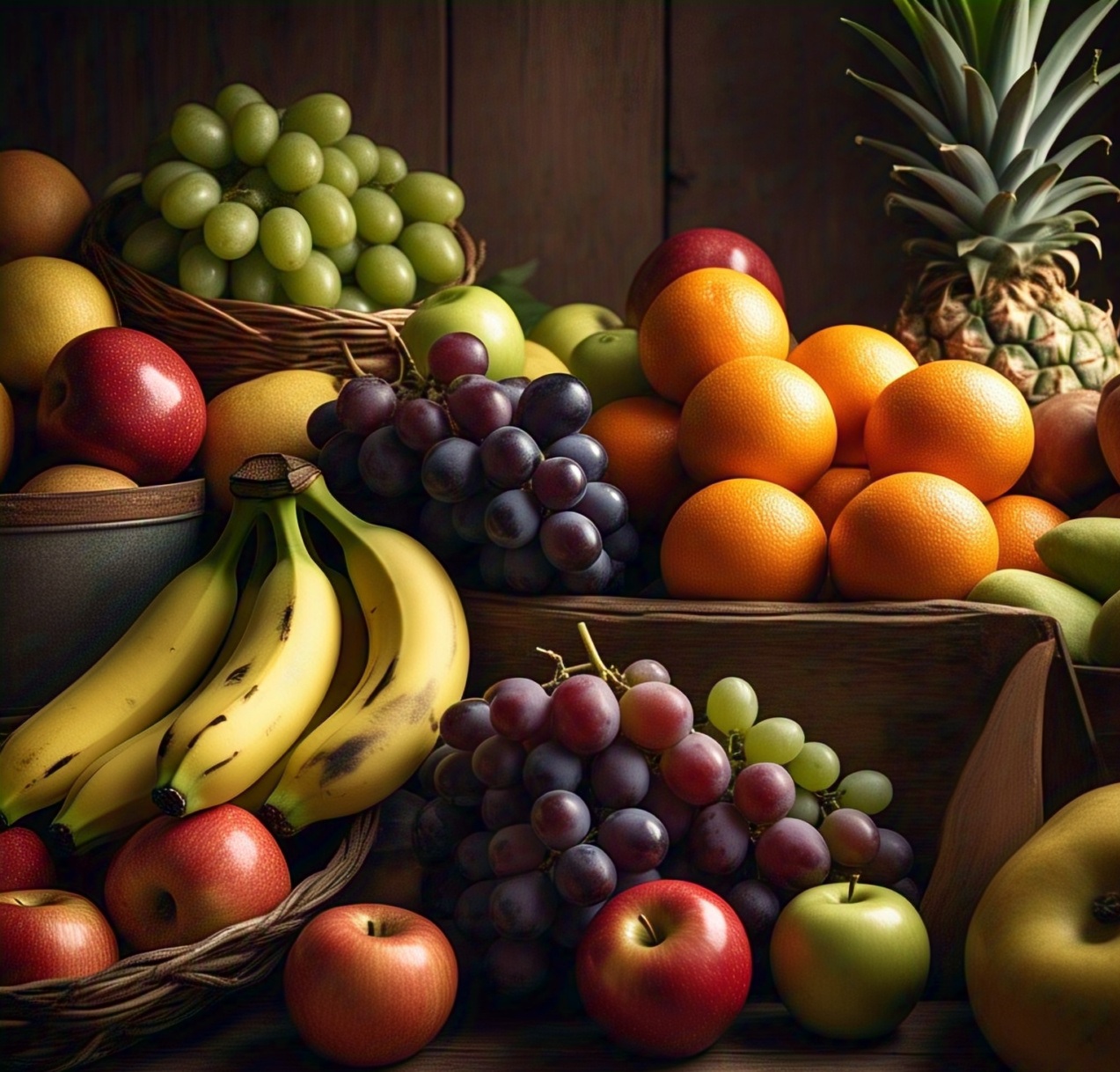




That’s a fascinating look at game engagement! It’s interesting how platforms like jiliki casino are prioritizing mobile access – the app seems key to their growth in Asia, and streamlining onboarding is smart. Definitely a competitive space!
Strategic play is key in any game, and recognizing patterns is huge. It’s cool to see platforms like PH77 prioritizing a thoughtful approach – beyond just luck! Exploring ph77 login games offers a legit, secure arena for those who appreciate a challenge. Definitely a different vibe!